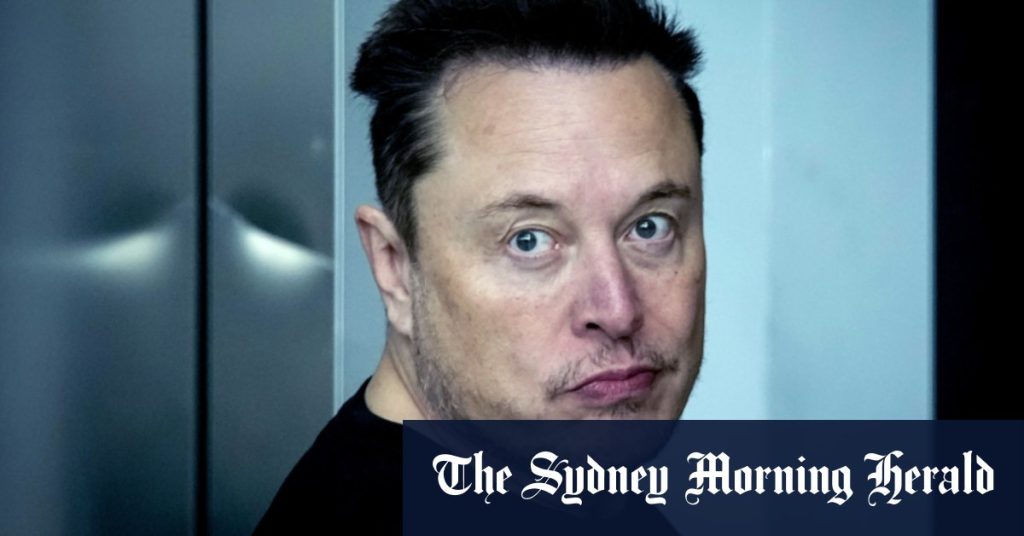Elon Musk’s social media company X, formerly known as Twitter, has recently faced a legal defeat in Australia after the Queensland Civil and Administrative Tribunal ruled that it must adhere to local anti-discrimination laws. This decision was made in response to a complaint from the Australian Muslim Advocacy Network, which alleged that X should be held accountable for posts on its site that vilified Muslims, as it is considered a publisher. The ruling is being hailed as precedent-setting by the advocacy group, as it establishes that social media companies must be responsible for content that breaches hate speech laws in Australia.
The complaint made by the Australian Muslim Advocacy Network included 29 tweets that were said to denigrate, dehumanize, and demonize Muslims, portraying them as an existential threat. The group sought to hold Musk’s X accountable for this content, arguing that as a publisher, the company should be subject to local laws. The Queensland Civil and Administrative Tribunal agreed with this argument, ruling that X is present in Queensland because it provides a service in the state and therefore carries on business there. The tribunal’s senior member, Ann Fitzpatrick, dismissed X’s argument that it was not a resident of Queensland and that the conduct in question took place elsewhere.
The ruling against Musk’s X highlights the increasing scrutiny that social media companies are facing when it comes to regulating content that violates hate speech laws. By establishing that these companies can be held accountable for content that is accessible in Australia, the decision sets a precedent for future cases involving online platforms. This case also raises questions about the role and responsibility of social media companies in addressing harmful content, particularly when it involves vilification of marginalized communities.
The Australian Muslim Advocacy Network sees this ruling as a significant victory in holding social media companies accountable for harmful content that targets specific groups. By ensuring that X is subject to local anti-discrimination laws, the decision sets a standard for how online platforms should handle hate speech and discrimination. This ruling may have broader implications for social media companies operating in Australia, as it establishes that they must adhere to the country’s laws regardless of where they are based.
Elon Musk’s X has faced legal challenges in various jurisdictions, highlighting the complexities of regulating online content in a globalized world. This case serves as a reminder of the importance of holding social media companies accountable for the content they host, particularly when it perpetuates harmful stereotypes and discrimination. As technology continues to evolve and social media platforms play an increasingly significant role in shaping public discourse, the need for robust regulations to protect vulnerable communities becomes more apparent.
Overall, the ruling against Musk’s X in Australia underscores the ongoing debate surrounding online hate speech and the responsibility of social media companies in addressing harmful content. By establishing that these companies can be held liable for content that breaches local laws, the decision sets a precedent for future cases involving hate speech on social media platforms. This case highlights the challenges and complexities of regulating online content in a global context, and the need for clear and enforceable laws to protect against discrimination and hate speech in the digital age.


